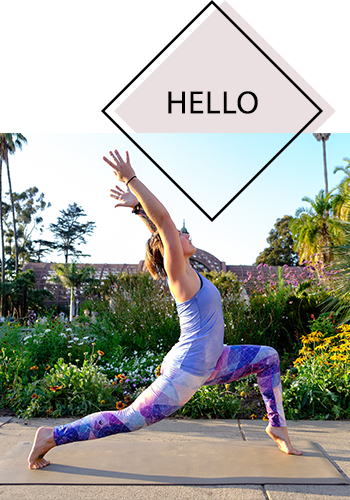Here's How to Keep the Right Mindset at Home
/Have you been stuck at home through the coronavirus pandemic? Struggling?
You are not alone.
People all over the world have been confined to their four walls for weeks or even months. In most cases, individuals have only been able to leave for limited exercise or to shop for food. It’s a peculiar way to live.
With an uncertain future and the potential for future outbreaks and lockdown periods, let’s consider some simple ways you can lessen the impact of such intense uncertainty on your mental health.
Stick To A Schedule
One of the best things that you can do to protect your mental health if you are stuck in your own home is to keep to a schedule. Now, this can be quite tricky particularly if you have no reason to get up at the same time each morning or go to be at the same time each night. Ultimately, you will find that you might struggle to stick to your typical routine and you could slowly drift out of it. But you should resist this as much as possible.
Once your routine starts to slip, you will often find that you run into other issues. For instance, you might find that you have problems sleeping at night. If that’s the case, then this can quickly get worse because your sleeping pattern will go further off the rails the more sleep you lose. Eventually, you might find that you are sleeping more through the day and staying awake at night. This can lead to issues with both stress and a lack of energy which could ultimately cause higher levels of anxiety. This site https://www.healthline.com/health/mental-health/how-to-cope-with-anxiety has some great tips for coping with high levels of anxiety.
Set Goals
Setting goals can help you stick to your schedule, as well as feel a sense of accomplishment and productivity.
Keep in mind your goals can be as big or small as you’d like. Honor what you feel in the moment, if you are feeling energized or depleted.
Some simple goals you could try:
Going for a walk or practicing yoga for 15-30 minutes a day for three days.
Getting outside for at least 10 minutes every day for a week.
Applying for a new job if you are off work.
Completing a passion project.
Creating a writing habit or finishing a book project.
Learning to play a new instrument.
Finishing a book you’ve always wanted to read.
Keep Your Brain Active
Our brains need consistency in order to stay active and avoid cognitive decline.
If you look at resources such as https://www.pennydellpuzzles.com/sudoku/subscriptions/, you’ll see that there are many possibilities for puzzles and games to keep your brain active. You could also think about completing some autobiographical writing. Writing helps you explore your thoughts and feelings, and can be a very therapeutic activity.
Watch For Bad Habits
Notice what coping mechanisms you are using, and which are helping. What patterns have you created since the quarantine? What is working well for you and what habits do you want to change?
Eating unhealthy food, drinking alcohol, binge watching news or TV shows, endlessly scrolling on social media— all of these can add up and can have a negative impact on your mental health.
That’s particularly true for anything that can change your mood and your mindset which includes various substances and foods. While a lot of this is common sense, it can be challenging to admit when you have a habit you want to change and take the first step toward doing something differently.
You can learn more about healthy habits for nutrition, sleep, controlling stress, physical activity and how to during a lockdown on https://www.aljazeera.com/indepth/features/.
Ask For Help
Speak up if you are struggling! Reach out to a friend, family member or neighbor. Vent about your feelings, and ask for help if you need it. There’s no shame in admitting you are having a rough time— many of us are!
Celebrate Small Wins
If something is working, celebrate it! Make note of the things that are helping you feel good, and continue to focus on those. A gratitude practice of even just two minutes of reflection at the beginning or end of the day can also be helpful for keeping focused on the positive.

















Reflections on becoming a book shaman and memoir ghostwriter.
If you've walked through fire and come out transformed, your story is ready to become your legacy.